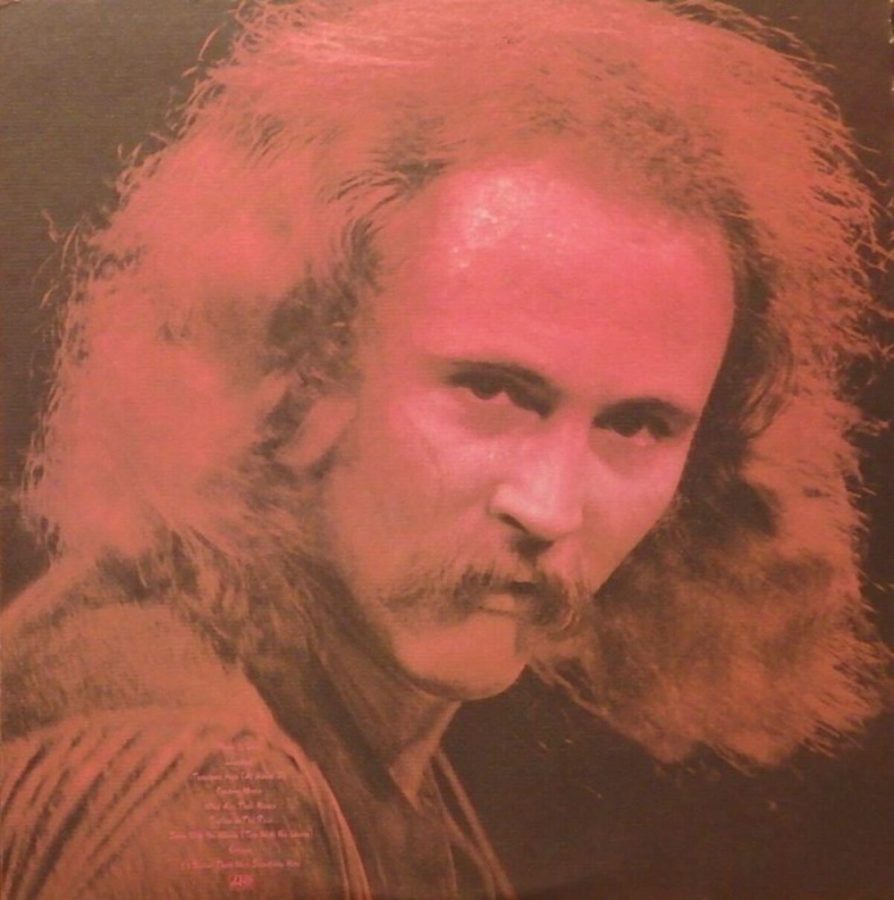We Have All Been Here Before | Remembering David Crosby
January 25, 2023
“I wonder who they are /
Those who really run this land /
And I wonder why they run it /
With such a thoughtless hand.”
On Jan. 20, we lost a pillar in the psychedelic rock and folk community. David Crosby, singer for The Byrds and Founder of Crosby, Stills, Nash &Young has passed away. With the Byrds, he set the standard for the sound of the psychedelic ‘60s. After recording on their first five albums, he was fired in 1967 after making politically charged remarks on stage at Monterey Pop Festival in northern California. He followed that with his new band, Crosby, Stills, Nash & Young, where he took that attitude into the ‘70s and defined the sound of popular rock and folk to this day. Along the way, he became famous for a flamboyant and outrageous lifestyle which in turn led to differences among members of the band. These differences created tension between David Crosby and his band members, especially between him and Graham Nash, who had been estranged from Crosby since as recently as 2016. Nash said “…what has always mattered to David and me more than anything was the pure joy of the music we created together, the sound we discovered with one another, and the deep friendship we shared over all these many long years” on his social media following news of Crosby’s passing.
In 1968, David Crosby, Stephen Stills and Graham Nash put on a show together, and upon discovering how well they harmonized with each other, they decided to form the group known as Crosby, Stills & Nash. Neil Young joined later, offering even stronger musical arrangements and broader popular appeal. Crosby, Stills, Nash & Young saw the group turn into pop stars and sent them into a realm where their interpersonal relationships were just as important as the hits they were making. David Crosby was at the center of a movement within the West Coast rock scene collaborating with Joni Mitchel, Greg Rolie, The Grateful Dead and many other prominent names in the scene. During this time, he forged new paths in music and was recognized by fans and peers for his skillful songwriting, vocal harmonies and infectious melodies that have never left the heads of a generation. Through the years, however, the rockstar lifestyle took its toll on the bandmates’ friendships, commercial success and ultimately, on his physical wellbeing. He lived a tumultuous life, filled with sudden changes. On his debut album outside of the band, If Only I Could Remember My Name, he explores instrumental acoustic soundscapes, and jam-inspired blues songs that form a very clear picture of what was going on in Crosby’s life at that time. The second track, “Cowboy Movie,” tells a detailed story about a group of cowboys who find who they think to be “an Indian girl, all alone.” Crosby says he doesn’t trust her, but he is outnumbered and they “take her back to the cabin.” In the chaos that ensues, we get a glimpse at how David Crosby viewed the world around him. The song serves as a window into the volatile relationships that served as both the inspiration and downfall of his recording career. The rock star lifestyle did end up taking its toll though, and Crosby suffered from heart and liver troubles since the ‘90s.
David Crosby will be forever remembered by his large circle of friends, and even larger circle of fans across the world, for leaving his lasting legacy in the fantastic world of music.






























